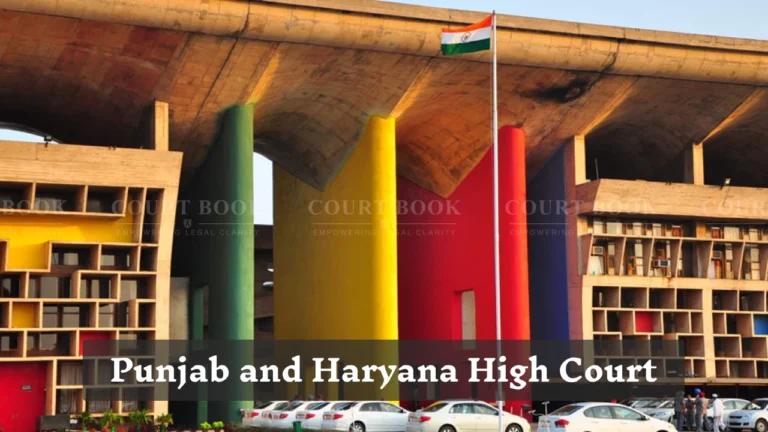Chandigarh, Nov 4 - In a significant ruling, the Punjab and Haryana High Court on Monday granted bail to Jagwinder Singh alias Jagga, who had been behind bars for more than five years under stringent provisions of the Unlawful Activities (Prevention) Act (UAPA). The bench of Justice Deepak Sibal and Justice Lapita Banerji observed that “long custody without conclusion of trial amounts to punishment before conviction.”
The order came in an appeal against the Special NIA Court’s decision from June 2024, which had earlier rejected Jagwinder’s bail plea in the 2020 Moga “Khalistan flag” case.
Background
The case dates back to August 14, 2020, when two men allegedly climbed the Deputy Commissioner’s office in Moga and hoisted a saffron-yellow flag inscribed with the word “Khalistan.” The Indian tricolour, fixed on the same pole, was reportedly cut down. An FIR was registered under multiple IPC sections, UAPA provisions, and the Prevention of Insults to National Honours Act.
During investigation, authorities claimed the act was done at the behest of Gurpatwant Singh Pannu, a declared terrorist and head of the banned organisation “Sikhs for Justice” (SFJ). Jagwinder Singh was accused of having influenced his cousin Inderjit Singh, one of the main perpetrators, through social media posts supporting SFJ.
He was arrested shortly after, and since August 2020, has remained in custody.
Court’s Observations
The bench took note of the slow pace of trial - only 20 out of 149 witnesses have been examined in five years.
“The accused has already spent five years and 29 days in prison, and the end of trial is nowhere in sight,” Justice Banerji noted in the order.
Citing precedents like Union of India v. K.A. Najeeb (2021) and Shoma Kanti Sen v. State of Maharashtra (2024), the court reiterated that prolonged incarceration without trial infringes the right to life and personal liberty under Article 21 of the Constitution.
The bench further remarked,
“Every form of deprivation of liberty must follow a just and fair procedure. Lengthy detention cannot be a substitute for punishment.”
The judges pointed out that no incriminating material—other than a phone and a solitary call between Jagwinder and his cousin—was recovered from the appellant. There was no substantial evidence linking him directly to any violent or terrorist act.
“Criminals are not born but made,” the bench observed, emphasizing the humanistic principle that every person deserves an opportunity for reform.
Court’s Decision
Concluding its reasoning, the bench ruled that Jagwinder Singh’s continued detention violated his constitutional right to a speedy trial. The High Court ordered his release on bail, stating that serious allegations alone cannot justify indefinite imprisonment when the trial’s completion remains uncertain.
The order underlined:
“When the trial is delayed beyond reason and the evidence against the accused is weak, the balance tilts in favour of liberty.”
With this, the High Court allowed Jagwinder Singh’s appeal and set aside the Special NIA Court’s June 2024 order denying bail.
The judgment reinforces the judiciary’s growing emphasis on balancing national security concerns with fundamental rights, particularly in cases under stringent anti-terror laws like the UAPA.
Case Details: Jagwinder Singh @ Jagga v. National Investigation Agency
Case Number: CRA-D-938-2024 (O&M)















